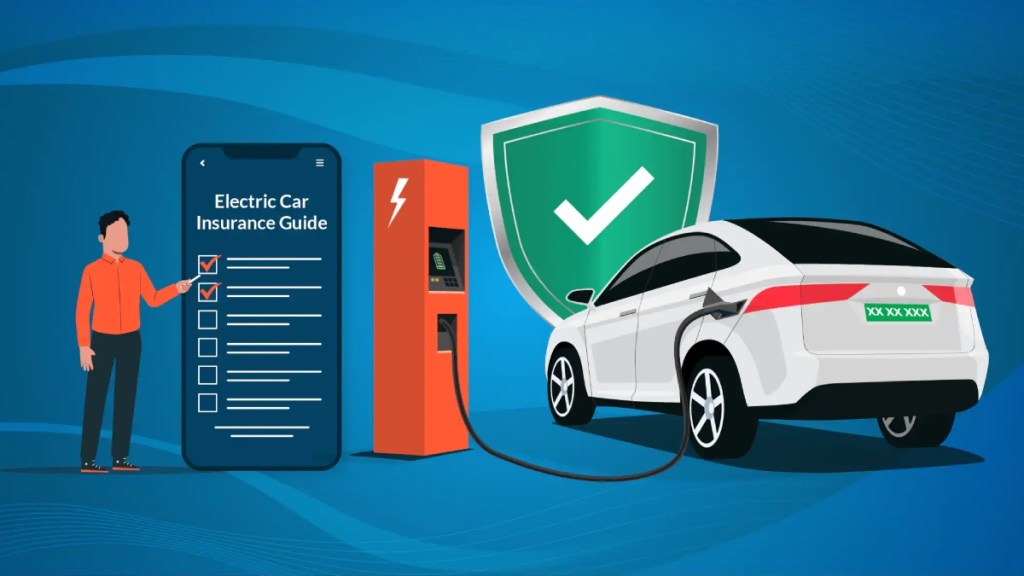By: Animesh Das, Senior Director – Motor Underwriting at ACKO
In line with the Government’s goal to make India an EV-powered nation by 2030, there is a subsequent surge in the demand for electric vehicles. The incentive-based schemes are further fostering the adoption of EVs and hybrid vehicles in the ecosystem. This has led to a quick rise in demand for the appropriate EV insurance.
While there is significant growth in various aspects of EV manufacturing, unpredictability and scepticism still exist among customers on the events and issues that the vehicles may face. As per a research report by ACKO, the time taken for a full charge emerges as the biggest concern for EVs with about 25 percent of customers listing it as the biggest barrier for an EV purchase.
Along with evolving technology, insurance poses as a cornerstone to the success of EVs. Today, the insurance sector is expanding its product offerings to cover accidents, and safeguard the high-end technologies and EV components of the vehicles. The ACKO report highlights that close to 70 percent of customers mentioned that they are ready to pay a premium to get EV specific insurance.
Here are reasons how insurance can play a critical role in the adoption of Electric Vehicles (EVs) in India:
High Repair Costs
EV industry is still in its nascent stage where even minor incidents may impact the battery pack and jeopardize the vehicle safety. This leads to higher failure rates for EV components. This may necessitate the change of battery pack to ensure safe vehicle operations. The higher repair or replacement costs of battery may pose a challenge to the customers. Customers can however get a 15 per cent discount on third-party premiums with insurance for their EVs.
Charging infrastructure
The availability of charging infrastructure is crucial for the widespread adoption of EVs. Insurance companies can partner with charging infrastructure providers to help reduce charging pain points. This can incentivize consumers to switch to EVs, knowing that they will have access to charging infrastructure.
High importance of add-ons
EV vehicles have a lot of sophisticated electronic components which may lead to vehicle stalling on roads. Due to limited coverage of EV garages, it may entail towing the vehicle to OEM authorized garages. Thus it is important to opt for add-ons like RSA as otherwise the customers may face significant dissonance due to cost impact as well as the turnaround time. Similarly the EV chargers may face wear and tear due to high usage, leading to a significant cost for charger replacement which can be covered under charger insurance.
Customer Awareness
Considering the electrical, chemical and electronic nature of the EV components, it is important to create awareness around the operability of the vehicle. Users can be educated around battery operating procedures and incentivized by insurers to help extend battery life. Similarly the servicing of other EV components can be done on a precautionary basis through analysis of vehicle data. All these initiatives will lead to better customer experience and thus more confidence in EV vehicles.
As the EV market continues to grow, insurance companies are introducing specialized policies to cater to the specific needs of EV owners. These policies offer features such as coverage for loss of battery as well as Extended Battery Warranty, EV component warranty, telematics based insurance product etc.
Conclusion
Insurance is playing a significant role in the adoption of EVs in India by incentivizing consumers to switch to eco-friendly vehicles. It can make EVs more affordable, reduce the overall cost of ownership, and incentivize consumers to make environmentally responsible choices.
Disclaimer: Views expressed are personal and do not reflect the official position or policy of Financial Express Online. Reproducing this content without permission is prohibited.



















